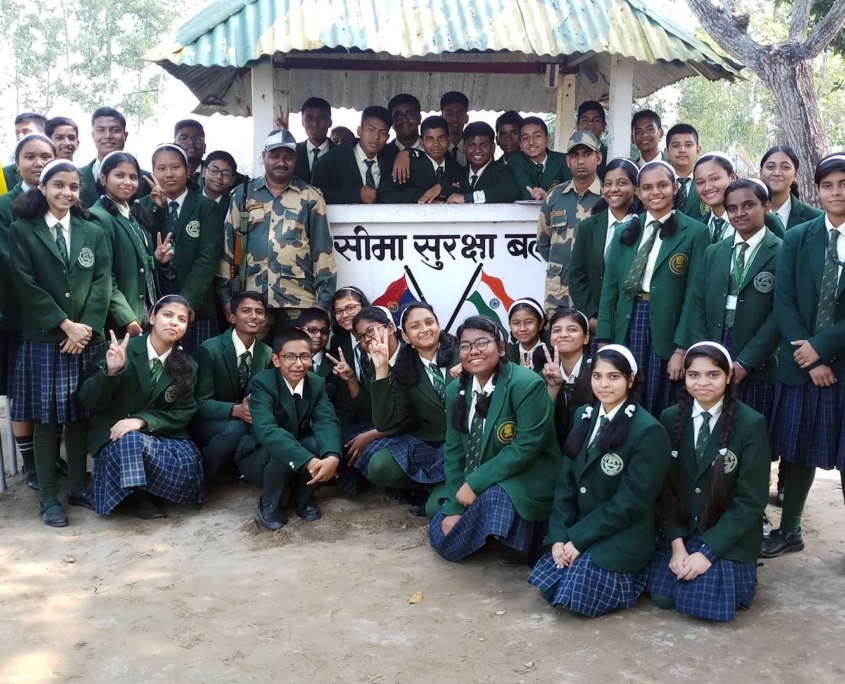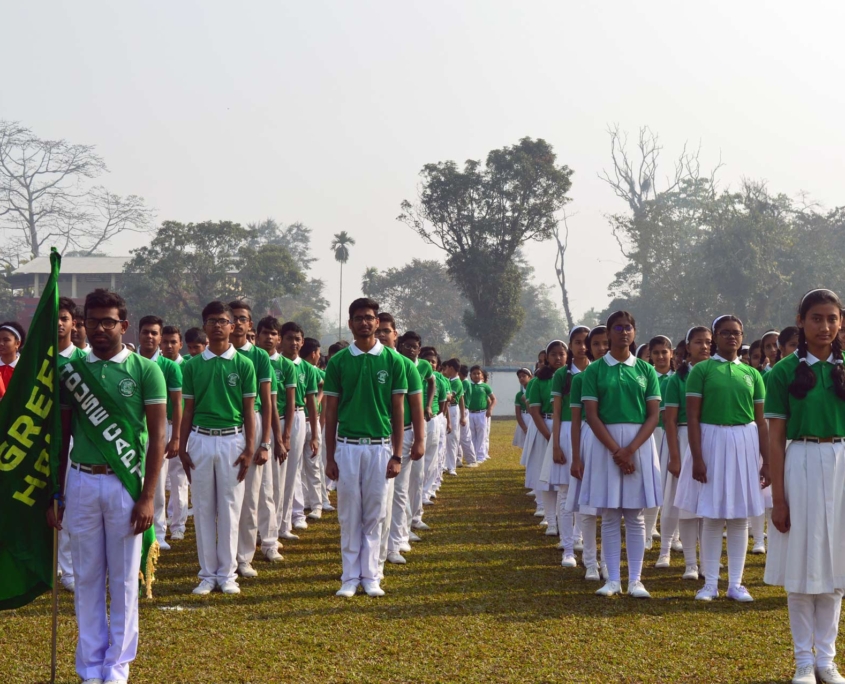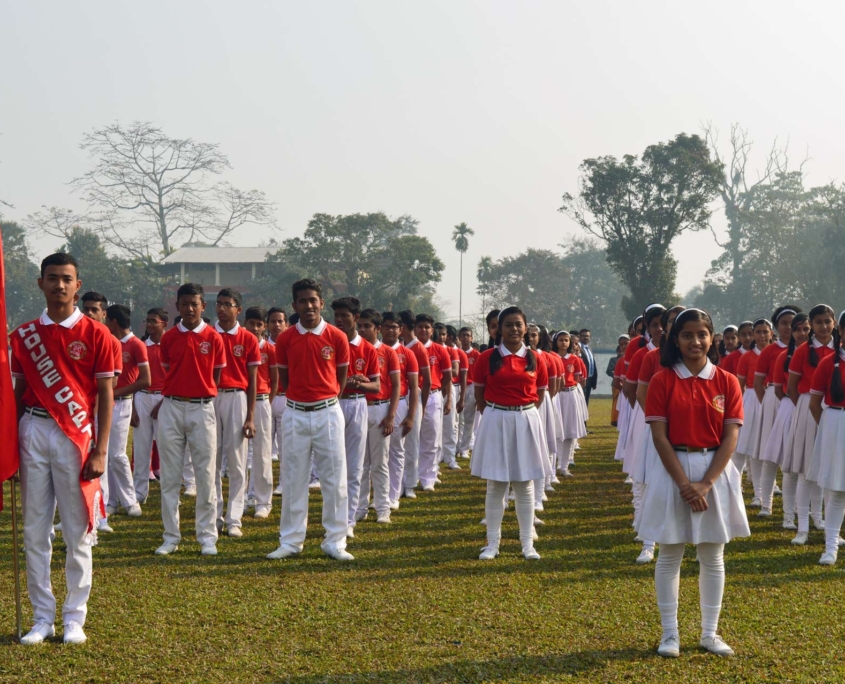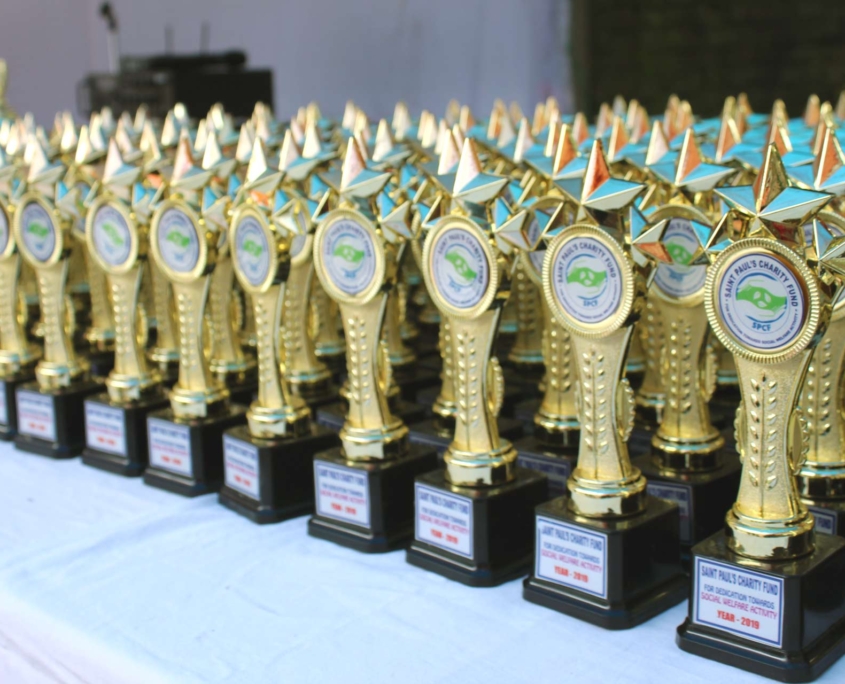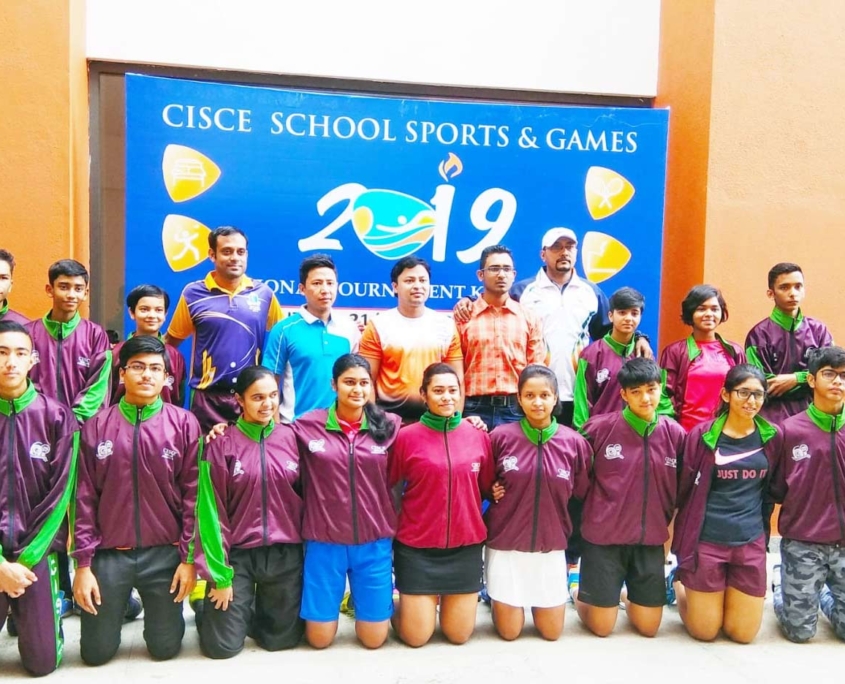Academic
LEARNING AND TEACHING AT SAINT PAUL’S SCHOOL
At Saint Paul’s School we have developed a deep and multi-faceted understanding of thinking and learning. In a school that ensures it meets the changing needs of all our students, we strive to encourage curiosity, innovative thinking and an inquiring mind in order to foster a spirit of discovery and enjoyment of learning.
We offer programs which cater to a range of learning styles and equip students with the skills to learn and acquire knowledge, individually or collaboratively, and to apply these skills and knowledge accordingly across a broad range of areas. Our culture of excellence in learning and teaching ensures flexibility and responsiveness to the different needs of our student population.
We provide a balanced approach to learning, a compassionate consideration of the emotional wellbeing of students and the opportunity for all young people to become responsible 21st century learners and citizens in a unique global society.
Both the formal curriculum and co-curricular activities are designed to promote enrichment and extension. When you read about the diverse offerings here at the school, you will see that they are not isolated units of study, but part of an educational journey over 15 years, an extensive pathway underpinned by the school’s strong commitment to providing excellent co-education outcomes in the Indian Tradition.

Curriculum
Saint Paul’s School is affiliated to the council for Indian School Certificate Examination for ICSE (Study Center X) and ISC (Study Center XII) Examination.
Saint Paul’s School follows the spiral curriculum approach. First the basic facts of a subject are learned, and then more details are introduced. The basics are re-emphaasised many times over to help get them into long term memory. What the student studies this year is built on top of what was learnt the previous year.
The Indian Certificate of Secondary Education (ICSE) Examination is a Class X board examination for students. Six subjects are to be taken by the candidates, of which three are compulsory (Group 1: English, Second Language & Social Studies, which consist of History, Civics, and Geography) and candidates have to choose three elective subjects.


